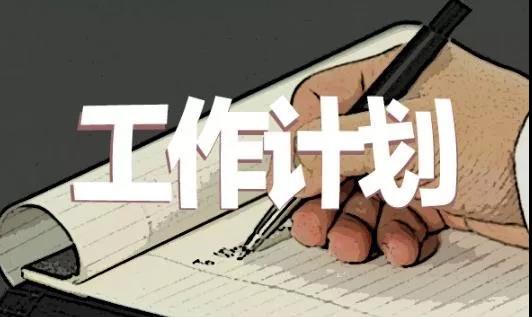When Yu Liufen answered questions from the media at the Great Hall of the People before the opening of the Second Session of the 13th National Committee of the Chinese People’s Political Consultative Conference (CPPCC) on March 3, she stole the show with her inspirational story and forthright approach.
For the past 16 years, Yu has helped residents in Yanbo, a mountainous village in southwest China’s Guizhou Province, eradicate poverty and develop the local economy. Her hard work received a lot of attention and last year she was elected a member of the 13th CPPCC National Committee, China’s top political advisory body. Now, she is able to be the voice of villagers she helps at the annual sessions of the National People’s Congress(NPC) and the CPPCC National Committee on March 3-15.
“Before me, there was no precedent that a woman could be a secretary of a branch of the Communist Party of China (CPC) in villages around my hometown,” Yu said.
She is an example of the growing presence of women on China’s political stage. On the one hand, they play an increasingly important role in political and social decision- making; on the other, they are the main driving force in promoting the progress of society and leading people to a better life.
Greater exposure
In recent years, more women have engaged in legislative and political advisory work.

The Outline for the Development of Chinese Women (2011-20) released by the State Council proposes that the government continue to boost women’s participation in decision-making and the administration of state and social affairs and gradually increase seats for women in the leadership of China’s central, provincial and municipal governments.
According to the official website of the NPC, among the deputies to this year’s NPC session, 742 are women, accounting for 24.9 percent of the total. The number of women deputies has risen by 43 from the group elected for a five-year term in 2013, an increase of 1.5 percent.
Despite the growing number of women deputies, it is still far below the 30-percent mark proposed for legislatures worldwide by the United Nations at the Fourth World Conference on Women in 1995. However, the country has already moved to address the imbalance. In 2008, a regulation was introduced, stating that the proportion of women in the legislature must be higher than 22 percent.
The CPPCC is an important channel for Chinese women to participate in political affairs. This year, the CPPCC National Committee has a total of 2,157 members, including 440 women members. This figure accounts for 20.4 percent of the total number of members, an increase of 2.56 percentage points over the 17.84 percent of the 12th CPPCC National Committee. It is the largest increase since reform and opening up started in 1978 and the highest rate since the founding of the People’s Republic of China in 1949.
推荐访问:Empowering Women



